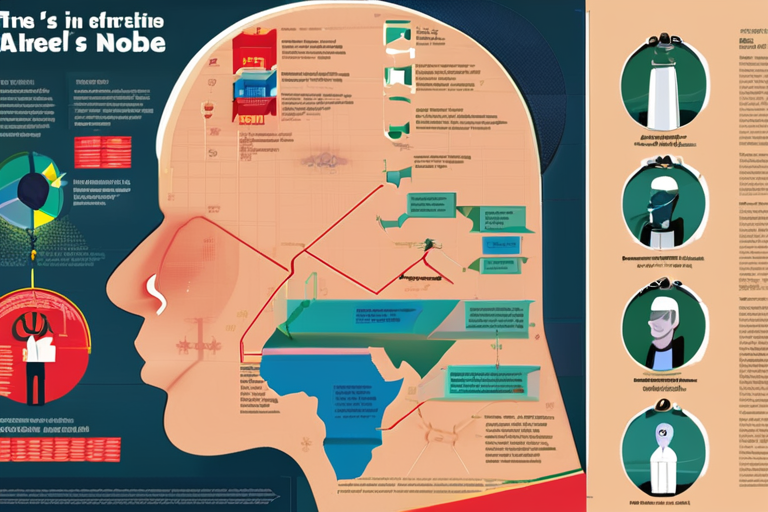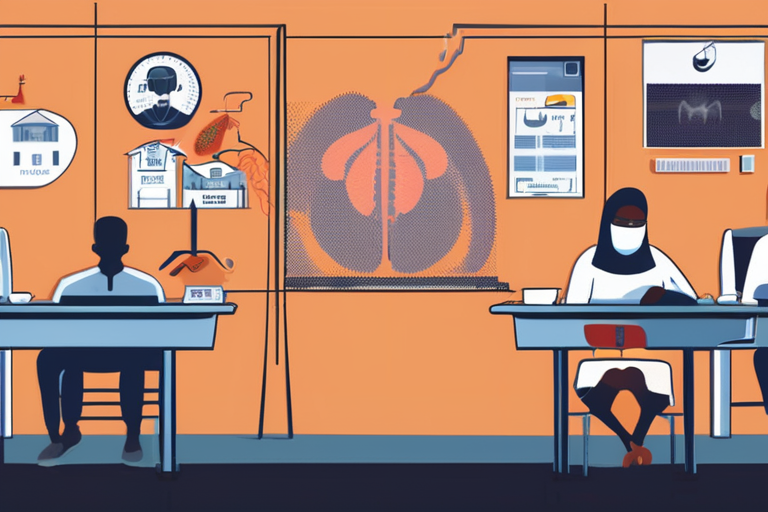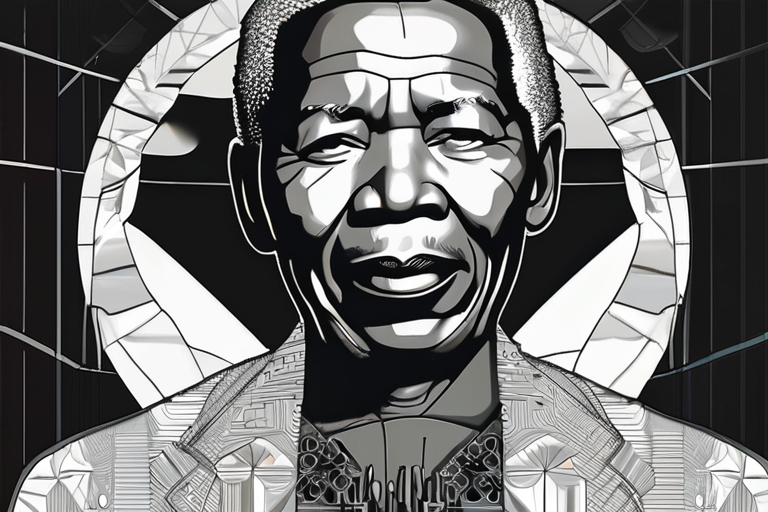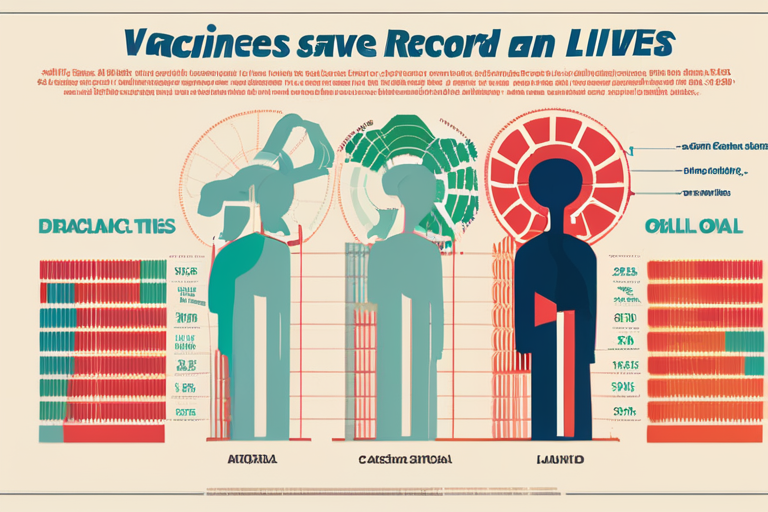Researchers and experts have long noted the absence of an African Nobel laureate in physiology or medicine who conducted the bulk of their prizewinning research on the continent. Despite the significant contributions of African scientists to medical research, including vaccine development, genomic surveillance, and public-health interventions, this notable gap persists.
According to a recent study published in Nature, systemic barriers such as underfunded laboratories, limited access to top-tier journals, and constrained mentorship pathways hinder the visibility and impact of African discoveries. Dr. Nala Masebo, a leading researcher in the field, emphasized the need for increased support and resources to address these challenges. "We need to invest in our research infrastructure, provide opportunities for African scientists to publish in reputable journals, and create mentorship programs that foster collaboration and knowledge-sharing," she said.
The study highlights the importance of African research in saving millions of lives, particularly in the context of the COVID-19 pandemic. Researchers from the continent played a crucial role in developing vaccines and conducting genomic surveillance, which helped to inform public-health interventions and mitigate the spread of the virus. However, despite these significant contributions, African scientists continue to face numerous obstacles in their pursuit of recognition and accolades.
One of the key challenges facing African researchers is limited access to top-tier journals and conferences, which can hinder their ability to disseminate their findings and gain international recognition. Dr. Masebo noted that this lack of visibility can have serious consequences for African scientists, making it difficult for them to secure funding and advance their careers. "When you're not publishing in top-tier journals, it's hard to get noticed by funding agencies and other stakeholders," she said.
The absence of an African Nobel laureate in physiology or medicine also reflects broader systemic inequalities in the scientific community. According to Dr. Masebo, these inequalities are perpetuated by a lack of diversity and representation in scientific leadership positions, as well as a failure to address the specific needs and challenges faced by African researchers. "We need to create a more inclusive and equitable scientific community that values and supports the contributions of African researchers," she said.
Despite these challenges, there are signs of progress and growing recognition of the importance of African research. The study published in Nature highlights the potential of artificial intelligence (AI) to help tailor drugs and treatments for African populations, which could have significant implications for public health and disease prevention. Researchers are also exploring the use of AI to analyze genomic data and identify new targets for vaccine development.
As the scientific community continues to grapple with these challenges and opportunities, experts are calling for increased support and investment in African research. Dr. Masebo emphasized the need for sustained funding and resources to address the systemic barriers facing African researchers, as well as a commitment to diversity and inclusion in scientific leadership positions. "We need to create a more equitable and inclusive scientific community that values and supports the contributions of African researchers," she said.



























Share & Engage Share
Share this article